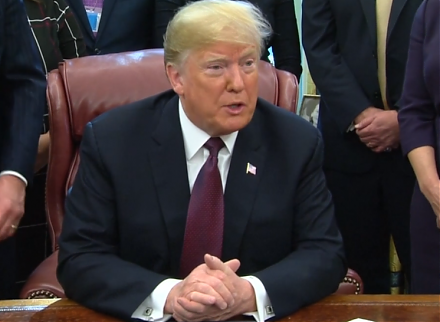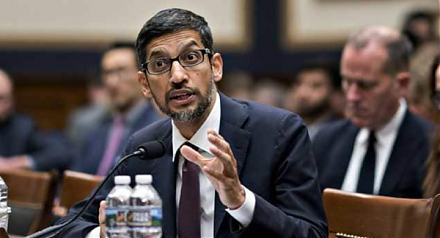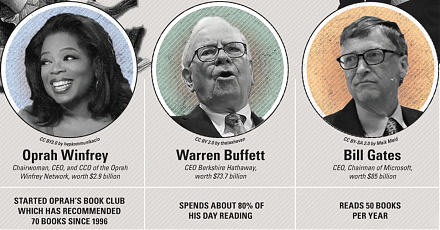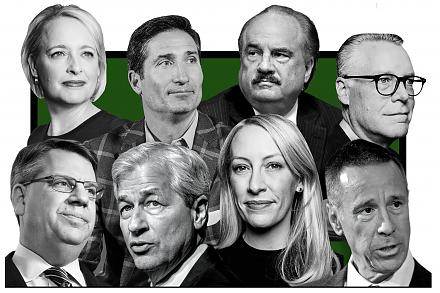

2019-03-27 11:28:00 Wed ET
federal reserve monetary policy treasury dollar employment inflation interest rate exchange rate macrofinance recession systemic risk economic growth central bank fomc greenback forward guidance euro capital global financial cycle credit cycle yield curve
OECD cuts the global economic growth forecast from 3.5% to 3.3% for the current fiscal year 2019-2020. The global economy suffers from economic protraction and uncertainty amid the recent Sino-U.S. trade and Brexit standoffs. Moreover, OECD downgrades real GDP growth rates from 6.5% to 6% for China and from 1.5% to 1% for Europe. The Chinese Xi administration attempts to assuage U.S. concerns about the bilateral trade deficit, unfair technology transfer, and intellectual property protection. Meanwhile, the British May administration seeks to delay Brexit to buy extra time for a plausible second referendum on whether the U.K. should leave the European trade bloc. These trade issues can cloud macroeconomic momentum in Europe and East Asia.
Several chief economists recommend the European and Asian central banks not to follow the Federal Reserve interest rate hikes too soon. To the extent that these non-American central banks decelerate the global financial cycle with less hawkish monetary policy adjustments, Europe and East Asia can insulate themselves from volatile exchange rates, stock market gyrations, and cross-border capital flows that might arise from the next Federal Reserve interest rate decisions. The subsequent international interest rate increases are likely to reflect recent upticks in consumer confidence, wage growth, and core inflation.
If any of our AYA Analytica financial health memos (FHM), blog posts, ebooks, newsletters, and notifications etc, or any other form of online content curation, involves potential copyright concerns, please feel free to contact us at service@ayafintech.network so that we can remove relevant content in response to any such request within a reasonable time frame.
2018-11-25 12:37:00 Sunday ET

The Chinese administration delivers a written response to U.S. demands for trade reforms. This strategic move helps trigger more formal negotiations between
2018-09-05 08:34:00 Wednesday ET

Citron Research short-sellers initiate a class-action lawsuit against Tesla and its executive chairman Elon Musk because he might have deliberately orchestr
2018-12-15 14:38:00 Saturday ET

Google CEO Sundar Pichai makes his debut testimony before Congress. The post-mid-term-election House Judiciary Committee bombards Pichai with key questions
2025-02-27 07:24:00 Thursday ET

Our AYA fun podcasts deep-dive into the current global trends, topics, and issues in macro finance, political economy, public policy, strategic management,
2019-12-30 11:28:00 Monday ET

AYA Analytica finbuzz podcast channel on YouTube December 2019 In this podcast, we discuss several topical issues as of December 2019: (1) The Trump adm
2023-08-31 10:22:00 Thursday ET

Government intervention remains a major influence over global trade, finance, and technology. Nowadays, many governments tend to eschew common ownership